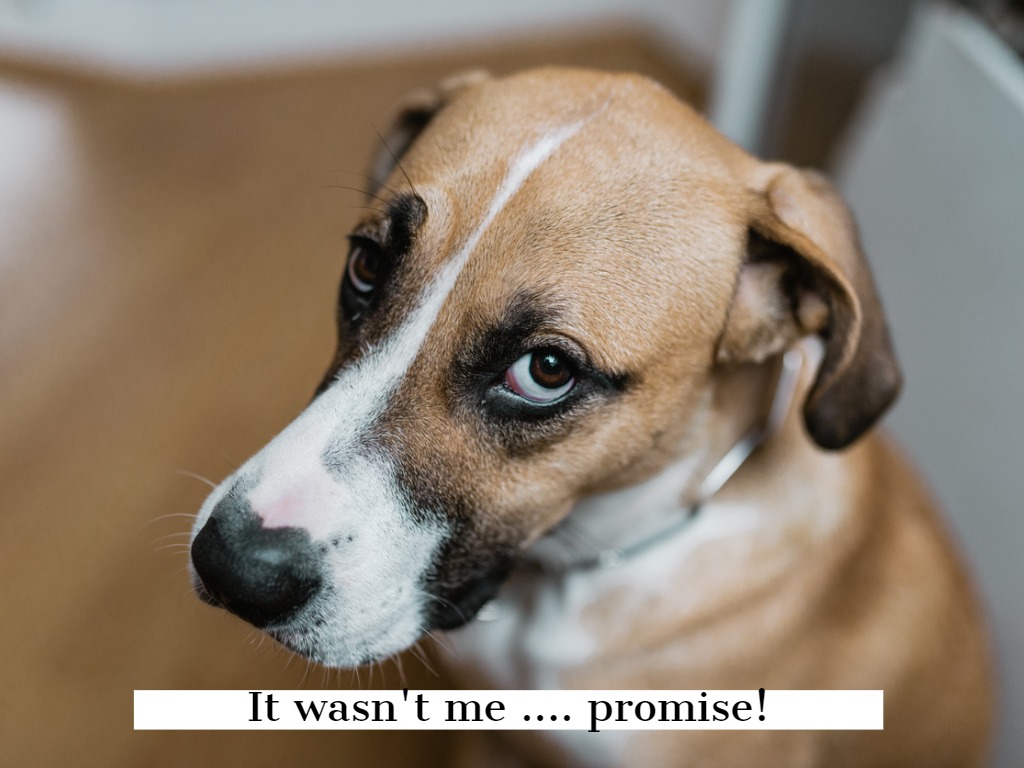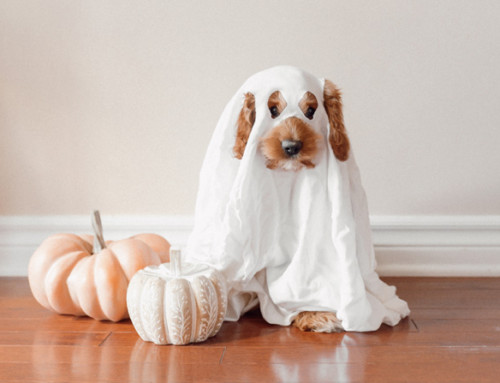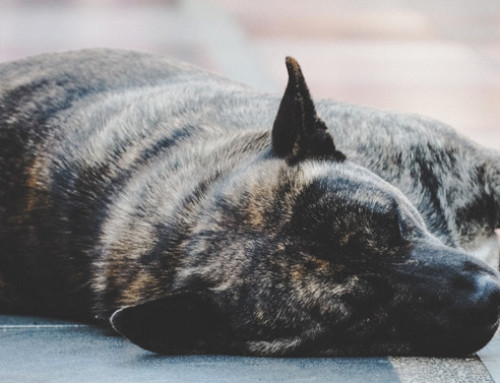Ever had to excuse your dog for doing a bottom burp in public or apologise to a stranger because your dog just breathed his stinky breath all over them? Rest assured there’s a fix for your furry friend’s embarrassing health problems.
Is farting normal for dogs?
According to veterinarian Dr. Alister Webster, “Excessive flatulence is common (and normal) in dogs. Yet whilst it’s not harmful to you or your pet, the smell can be often horrific. It can quickly pollute the air, creating some rather embarrassing moments— especially when you have guests around.
“Flatulence most commonly occurs when dogs are fed a poor quality diet, such as cheap dog food, poorly digestible foods that ferment (e.g. cabbage, beans or sprouts), treats and scraps. Also, if they have a sudden change of diet or they eat too fast, causing them to swallow air as well as food, this can cause flatulence.”
Here is a helpful resource which gives good tips on how to look for quality food for your dog.
6 top tips to reduce your pet’s flatulence
- Choose a premium brand of dog food that is highly digestible.
- Cut down on leftovers and treats that continually vary their daily diet.
- Instead of feeding your dog 1 or 2 portions of food per day, divide the daily ration into smaller portions and feed the dog more frequently.
- Sometimes dogs eat too quickly because they fear their food will be taken away, so feed your dog in a quiet comfortable area.
- Exercise your dog; a fit, healthy body helps assist with healthy digestion.
- Feed your pet a probiotic supplement to provide ‘good bacteria’ for better digestion and less gas.
Dr Alister notes, “Just remember, although these tips will reduce flatulence, all dogs (just like all humans) experience daily flatulence. Indeed, it should never be your intention to get your dog to stop this natural biological activity!”
Why does my dog constantly drool?
As much as you might dislike your dog’s drooling, it’s actually quite normal. In fact, Dr Alister says it’s particularly common for our canine chums to start drooling when they see or smell food.
He explains, “It’s a behaviour called ‘Pavlov’s Response’, which occurs as their digestive tract gets ready to eat. However, some dogs drool all the time as they have looser lips (like humans drool when they are asleep) or when they are excited or stressed. Dogs who are stressed often drool, as do dogs that suffer motion sickness when travelling in the car.
“Nonetheless, excessive drooling or cases where older dogs suddenly start drooling could be a sign of a health issue. Dogs with dental issues, digestive upsets, allergies or even poisoning might drool much more than normal. The other common cause of sudden drooling is a foreign body, such as a half-eaten bone stuck in the mouth or throat. So keep that in mind.”
Assuming your dog’s excessive drooling is breed-related and not due to a health issue, you might like to check out some ways in which you can take action. Check out these tips for handling dogs that love to drool.
What can I do about my dog’s stinky breath?
There’s nothing worse than giving your dog a cuddle only to discover its breath smells less than fresh.
“The two most common culprits for your dog’s bad breath is what they have just eaten or, more commonly, dental disease,” says Dr Alister.
“Dental disease is as common in pets as it is in people. Certainly, the first sign is often bad breath or ‘halitosis’. Bad breath is usually caused by tartar build-up on your pet’s teeth, which irritates the gums and can lead to inflammation, infection and tooth rot.”
So what can we pet owners do to keep our furry friend’s breath in check? Dr Alister recommends taking a trip to your veterinarian for a professional assessment and clean of their teeth. He also offers the following tips to help prevent tartar build-up and dental problems for your pooch.
- Feed your pet a raw bone at least once a week to reduce the amount of tartar by physical abrasion
- Brush your pet’s teeth twice a week if they will tolerate it
- Feed a commercial dry diet, specially formulated to reduce tartar build up
- Use a ‘mouthwash’ that can be added to your dog’s drinking water
- Have your dog’s teeth regularly scaled and polished by your vet
No matter what awkward or embarrassing pet health problems your fur pal has, there’s generally a fairly easy way to address it. If ever in doubt, make sure you take a trip to your local vet for professional advice.
ABOUT DR ALISTER WEBSTER
Dr Alister Webster is a third generation vet from the Webster family. He has a stellar resume that includes working in clinical practice and veterinary education, as well as setting up multiple pet and human health businesses.







Leave A Comment